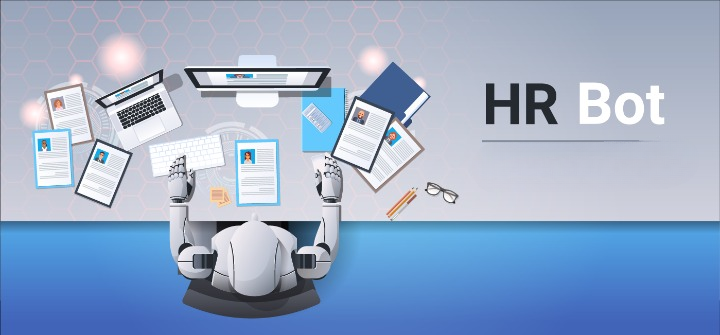![shutterstock_1788706334-[Converted]-01-min MCA Search - 1](http://mcasearch.com/wp-content/uploads/2024/03/shutterstock_1788706334-Converted-01-min-2.png)
Leveraging Agencies and Internal Recruiters: The best Strategy for Finding Top Candidates
In the competitive world of talent acquisition, companies are continually seeking the most effective strategies to attract and hire top-notch candidates. While internal recruiters play a crucial role in this process, relying solely on them may not always yield the best results. Incorporating recruitment agencies into your hiring strategy can provide a significant advantage, offering a broader reach, specialized expertise, and a more efficient recruitment process.
1. **Broader Reach and Network**
Internal recruiters typically have access to a limited pool of candidates, mainly those who apply directly to the company or are found through networking and job boards. Recruitment agencies, on the other hand, have extensive networks and databases of potential candidates, often including passive job seekers who are not actively applying for new positions but may be open to the right opportunity. This broader reach allows agencies to source candidates from diverse backgrounds and industries, increasing the chances of finding the perfect fit for your organization.
2. **Specialized Expertise**
Recruitment agencies often specialize in specific industries or job functions, bringing a deep understanding of the market, required skills, and the nuances of different roles. This expertise allows them to quickly identify and attract high-quality candidates that internal recruiters might overlook. For example, a tech-focused recruitment agency will have a better grasp of the latest trends and skills in the technology sector, enabling them to find candidates with cutting-edge expertise that matches your needs.
3. **Efficiency and Speed**
The hiring process can be time-consuming, and internal recruiters are often juggling multiple roles and responsibilities within the organization. Recruitment agencies, however, are dedicated to sourcing and placing candidates, which means they can focus entirely on finding the right match for your vacancies. This dedicated focus translates to a faster and more efficient hiring process, reducing the time-to-hire and ensuring that key positions are filled promptly.
4. **Reduced Hiring Bias**
Internal recruiters may unconsciously favor candidates who fit a certain mold, often influenced by the existing company culture or personal biases. Recruitment agencies provide an external perspective, offering a more objective approach to candidate selection. This can lead to a more diverse and inclusive workforce, as agencies are trained to recognize and mitigate biases in the hiring process.
5. **Cost-Effectiveness**
While engaging a recruitment agency involves a fee, it can be a cost-effective solution in the long run. The time and resources saved through faster hiring processes, reduced turnover rates, and the successful placement of highly qualified candidates can outweigh the initial costs. Additionally, agencies often offer guarantees for their placements, meaning they will find a replacement at no extra charge if a candidate leaves within a certain period.
6. **Flexibility and Scalability**
Recruitment needs can fluctuate based on business cycles, project demands, or growth phases. Recruitment agencies provide the flexibility to scale hiring efforts up or down as needed, without the commitment of expanding your internal recruitment team. This scalability ensures that you can meet hiring demands efficiently during peak times without overburdening your internal resources.
7. **Confidentiality**
For sensitive roles or strategic hires, maintaining confidentiality is crucial. Recruitment agencies can conduct discreet searches, protecting your company’s identity and intentions until the right candidate is found. This is particularly important for high-level executive positions or roles tied to competitive business strategies.
Conclusion
While internal recruiters are invaluable for understanding and promoting company culture, the addition of recruitment agencies can significantly enhance your hiring strategy. The combined efforts of internal teams and external agencies offer a broader reach, specialized expertise, and greater efficiency, ultimately leading to the discovery of high-quality candidates that may otherwise be missed. Embracing this dual approach ensures a more comprehensive and effective talent acquisition process, positioning your company for long-term success.

